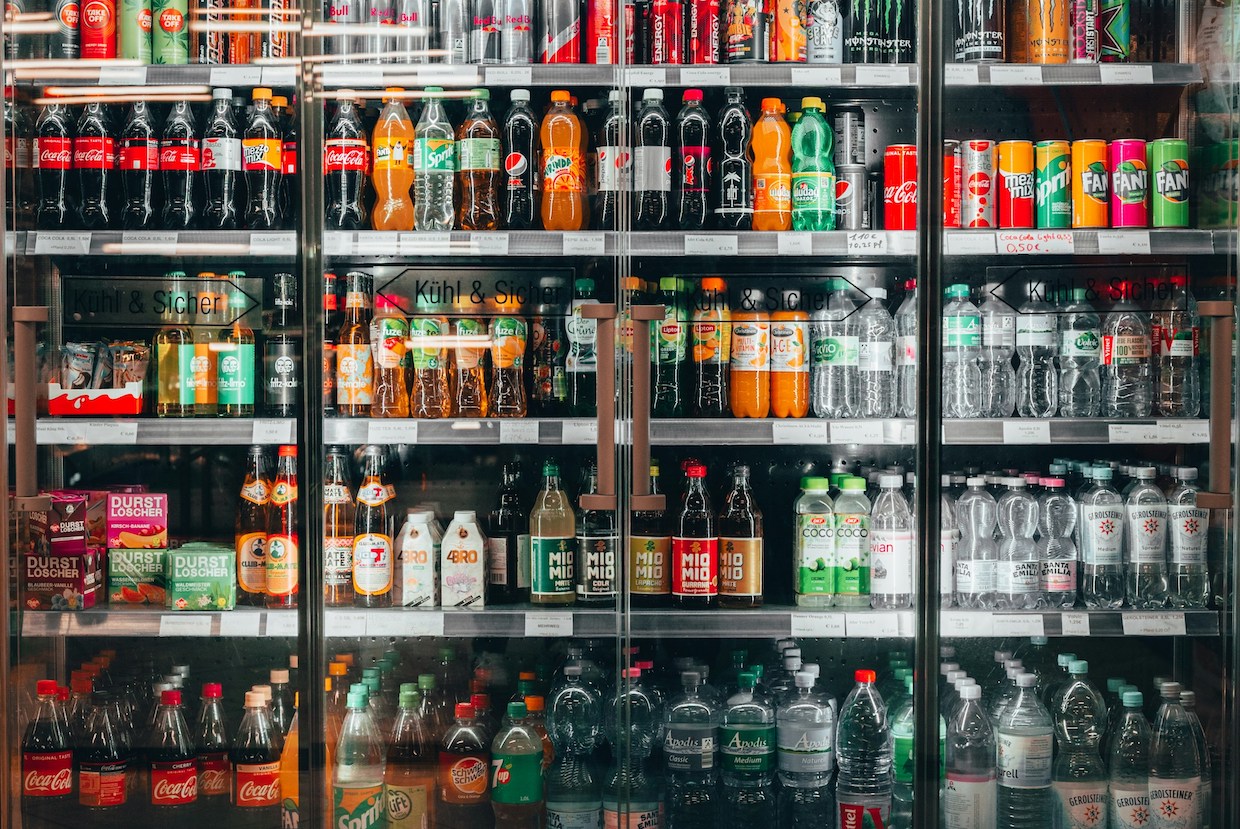People in the United States are consuming more caffeine than they were a decade ago, with coffee extending its grasp as the dominant dietary source of stimulant, according to a comprehensive new survey.
Published in the Elsevier journal Food and Chemical Toxicology, the study analyzed responses from a survey of more than 49,000 people age 2 and above who reported past-day beverage consumption.
Caffeine levels were calculated based on reported beverage types, brands and serving sizes, and the researchers compared the results to a similar large-scale study conducted 10 years earlier (in 2012).
The study found that the average daily intake of caffeine for consumers was 210 milligrams per day, up from 165 a decade ago.
According to the research team, coffee extended its reach as the dominant source of caffeine among consumers, increasing 15 percentage points from 2012 to 69% in 2022. Carbonated soft drinks decreased 12.1 percentage points to 15.4%; and tea decreased 4.3 percentage points to 8.8%. Meanwhile, energy drinks increased their share as a source of caffeine by 3 percentage points, to 6.3%.
While average intakes remain well within the FDA’s recommended limits for most adults (400 milligrams per day), caffeine consumption among children and adolescents often exceeded age-appropriate guidelines, according to the study.
Adults aged 50–64 consumed the highest amounts of caffeine, with men reporting slightly higher intakes than women.
Energy drinks, though consumed by a smaller segment of the population, now contribute more to total caffeine intake due to increased variety and potency, according to the study.
The authors also noted that U.S. consumers are confronted with an increasingly dizzying array of caffeinated beverages, including in the coffee category. They noted “many more varieties of coffee including cold brew and pre-bottled specialty coffee drinks.”
“This study indicates that an increase in caffeine intake has occurred with a corresponding shift in beverage consumption patterns compared to previous surveys,” the authors wrote.
It must be noted that the study was supported by the caffeine committee of the Institute for the Advancement of Food and Nutrition Sciences (IAFNS), a Washington D.C.-based think tank. Members of that committee include large corporations in the beverage industry, including Applied Food Sciences, Keurig Dr Pepper, Kraft Heinz Company and Red Bull GmbH.
Comments? Questions? News to share? Contact DCN’s editors here. For all the latest coffee industry news, subscribe to the DCN newsletter.








Comment